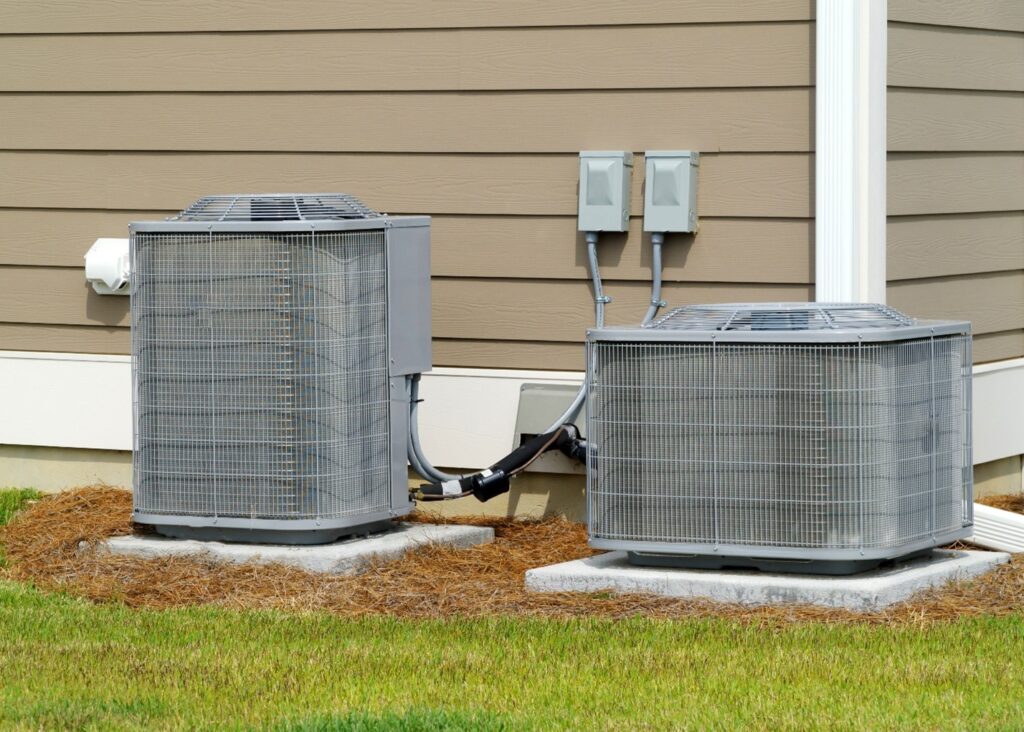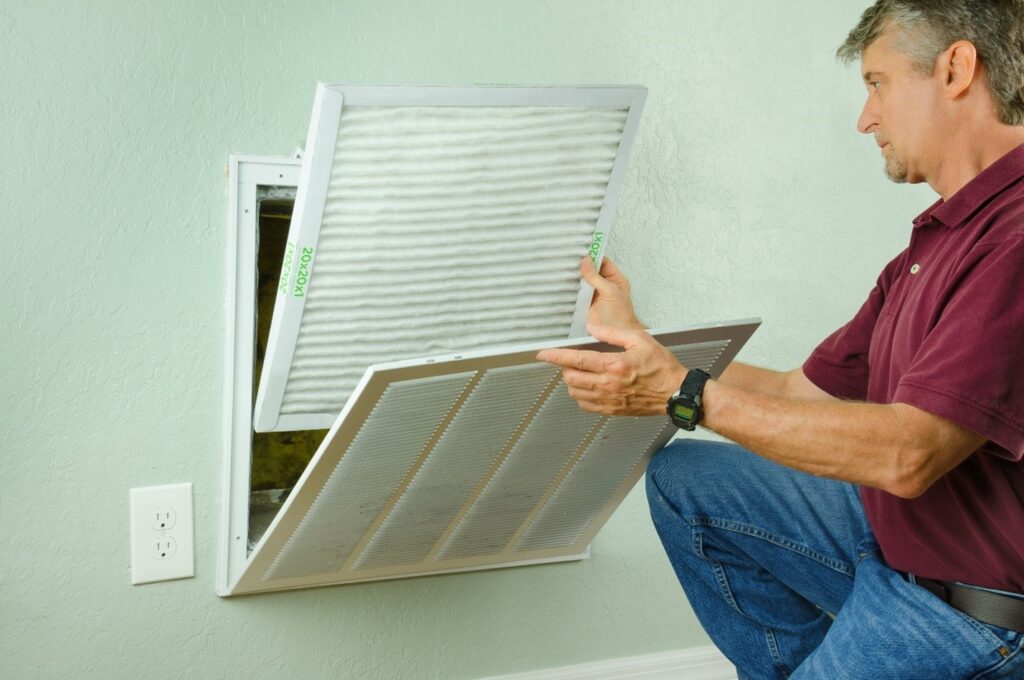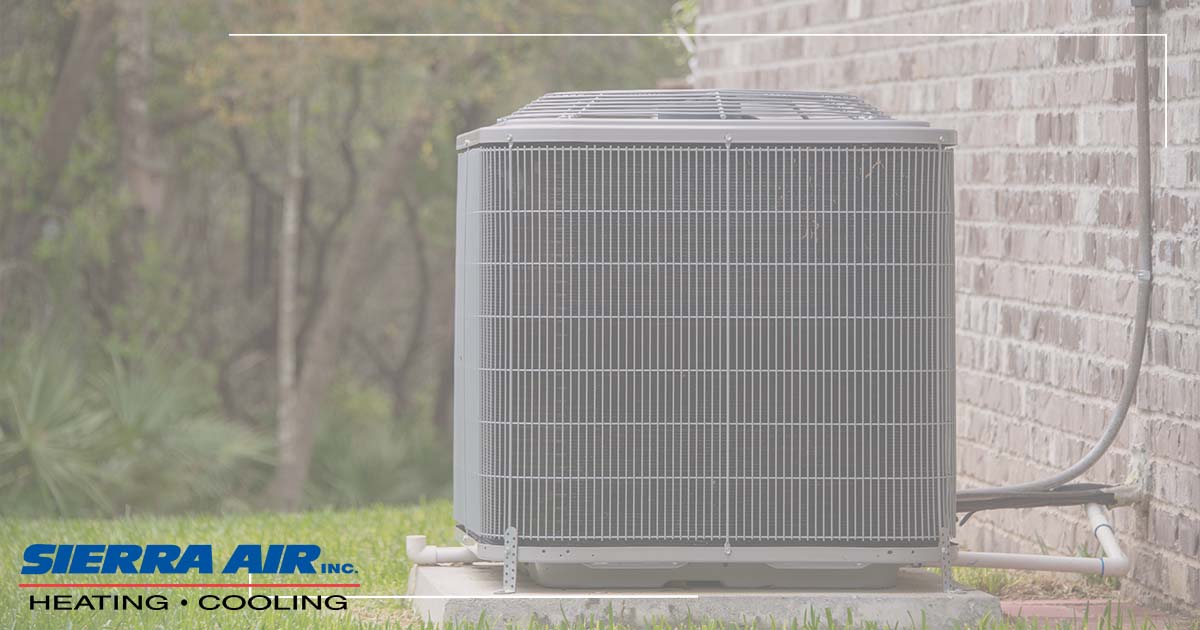Your heating, ventilation, and air conditioning system is a big investment in your home that can least decades. Naturally, you want to get the most out of your HVAC’s lifespan to keep your home comfortable, save money, and avoid the hassle of a new installation.
Fortunately, caring for your HVAC system is the best way to ensure it lasts as long as possible.
Average Lifespans of Different HVAC Heating and Cooling Systems
The lifespan of your HVAC system can vary depending on its regular , age, usage, installation, and quality. Typically, systems last between 10 and 15 years, though some may last 20 to 25 years.
Here are the average lifespans for HVAC components:
Furnaces
Your furnace takes a lot of stress throughout its use, but with regular maintenance, it can last 15 to 20 years. If you live in a climate that requires your furnace to run for long periods, routine maintenance is even more important.
Air Conditioners
Air conditioning lifespan varies depending on the make and model, but most units will last 15 or 20 years. Older systems don’t have the same lifespan or efficiency, but you can get decades of cooling from a new, high-efficiency AC unit with and regular care.

Boilers
With good maintenance, a boiler can last up to 15 years. As boilers age, they are more likely to lose efficiency and need repairs. There are also safety risks with older boilers. If your boiler is nearing the end of its lifespan, it’s important to have it evaluated by an HVAC professional.
Heat Pumps
Heat pumps are used for heating and cooling, which means they usually run year-round. If you take proper care of your heat pump, it can last between 10 and 20 years and require fewer .
Ductless Mini-Splits
Like heat pumps, ductless mini-splits offer heating and cooling for all seasons. Typically, these systems last between 10 and 30 years, but it can vary widely by the model, installation, and usage.
Factors That Reduce Lifespan
Lack of Maintenance Tune-Ups
If you neglect your regular HVAC tune-ups, you could end up with dirt and debris in your HVAC components that harm its efficiency. Simple measures, such as cleaning the air filter, can dramatically increase its lifespan.
Poor Component Quality
HVAC systems that have low-quality parts may fail prematurely, leading to breakdowns or repairs much earlier than a high-quality system.
High Usage
Using your HVAC system regularly leads to some wear and tear, but overuse can stress the system significantly. When you must run your HVAC system harder, such as during extreme weather, it will wear out faster and lose its longevity.
Installation Errors
A lot of people want to install their HVAC systems themselves, but if the installation isn’t done correctly, it can increase the likelihood of component failure and efficiency issues.
Wrong-Sized System
If you install a system that’s either too small or too large for the space, the system becomes overworked. Systems that are too small work overtime to cool and heat, while systems that are too large cycle on and off excessively. Both of these situations reduce your HVAC system’s lifespan.
Weather Environment
Some environmental conditions can lead to excess damage to your system, such as coastal areas that deposit salt and sediment into a system. This can lead to corrosion that reduces the system’s longevity.

Weather Environment
Some environmental conditions can lead to excess damage to your system, such as coastal areas that deposit salt and sediment into a system. This can lead to corrosion that reduces the system’s longevity.
How to Extend the Lifespan of Your System
Wondering how you can keep your HVAC system in optimal condition? Here’s what you need to know.
Regular Maintenance Tune-Ups with an HVAC Specialist
Getting regular maintenance for your HVAC system is one of the most important factors in preserving its lifespan. Hiring a local HVAC heating and cooling specialist to complete your system’s maintenance and tune-ups helps you identify repairs or problems before they can become inconvenient and expensive breakdowns.
Change Air Filters
Air filters are designed to keep dust and debris out of your system. If they’re dirty, they prevent air from flowing as it should, leading to extra stress on your system. Small steps like cleaning and replacing your air filters regularly can go a long way toward preserving your system’s health.

Ideally, your air filters should be changed every one to three months.
Fix Issues in a Timely Manner
If you notice a problem with your HVAC system, it’s best not to wait. If you leave a repair alone while continuing to run your system, it can cause more costly problems in the future. Any oddity, from noises to smells to a drop in efficiency, should be addressed as soon as possible.
Reduce Usage
Avoid running your HVAC system at capacity all day and night, which adds to its stress. For example, set a smart thermostat to turn your AC on before you return home from work, which gives it a break during the day.
If you need HVAC repairs or maintenance, contact the pros at Sierra Air to schedule an appointment!


